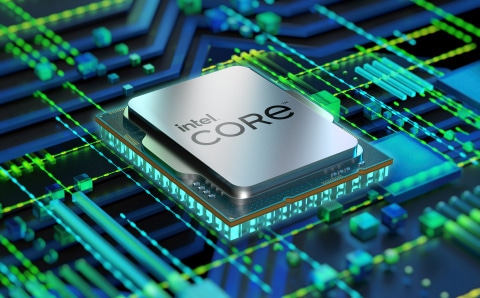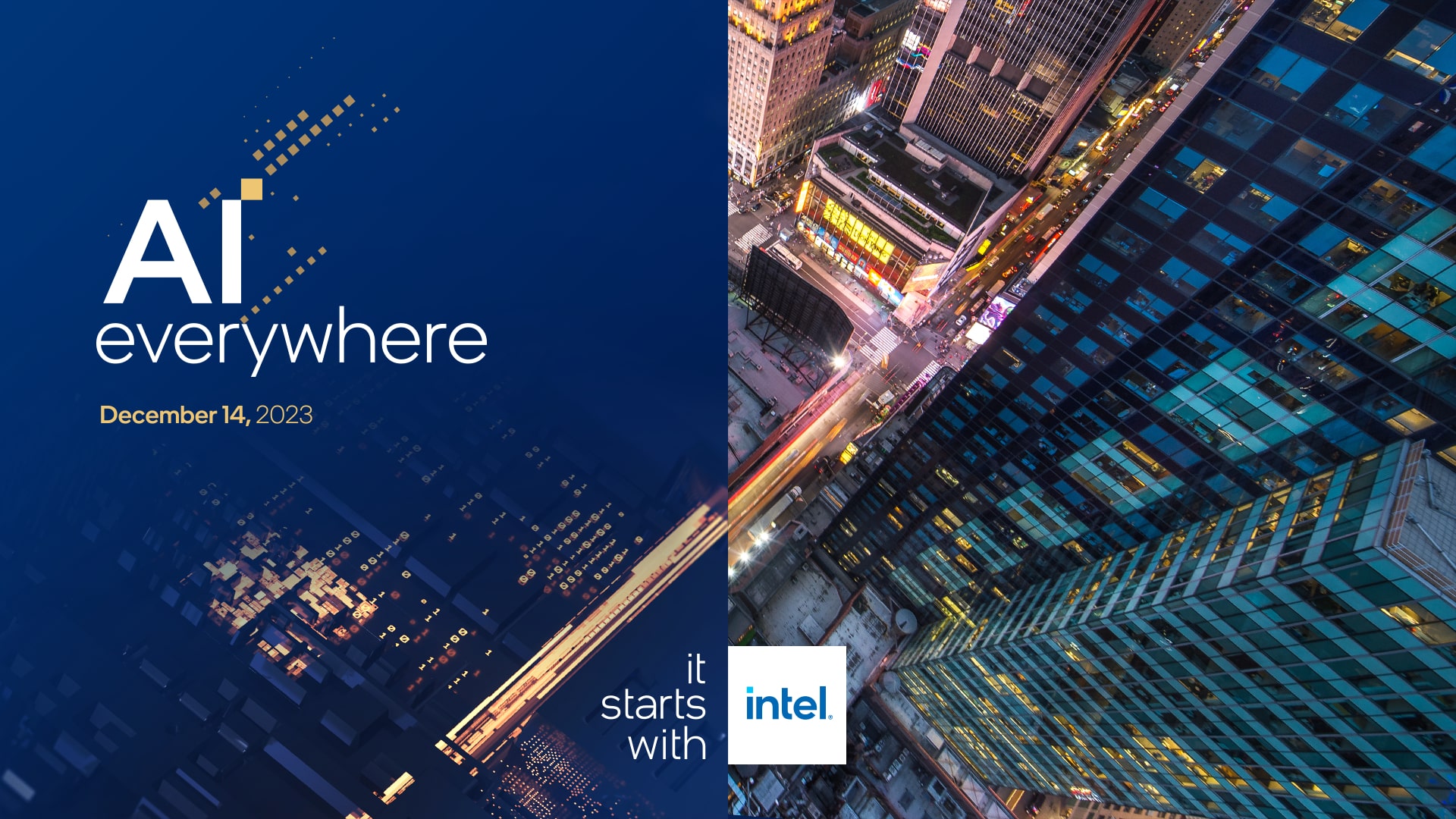
The semiconductor space has seen a lot of attention this year but one of the big daddies of the group, Intel (Intel Stock Quote, Charts, News, Analysts, Financials NASDAQ:INTC) has remained something of a mystery. Once the innovation king, Intel has more recently seemed content to let others like Samsung and Taiwan Semi lead the way.
That should be enough to make investors wary of the stock, says Paul Harris of Harris Douglas Asset Management, who thinks a name like Nvidia (Nvidia Stock Quote, Charts, News, Analysts, Financials NASDAQ:NVDA) is likely the better pick.
Intel shares slid on a poorly received quarterly report two weeks ago, taking the stock into negative territory for the year. The company reported revenue slightly under expectations at $18.1 billion compared to the Street forecast for $18.24 billion. Earnings were a beat, however, at $1.71 per share compared to the expected $1.11 per share. (All figures in US dollars.)
Intel management guided for weaker margins over the next two or three years as the company pours money into R&D and new manufacturing facilities.
“Q3 shone an even greater spotlight on the global demand for semiconductors, where Intel has the unique breadth and scale to lead,” said CEO Pat Gelsinger in a press release. “Our focus on execution continued as we started delivering on our IDM 2.0 commitments. We broke ground on new fabs, shared our accelerated path to regain process performance leadership, and unveiled our most dramatic architectural innovations in a decade. We also announced major customer wins across every part of our business.”
“We are still in the early stages of our journey, but I see the enormous opportunity ahead, and I couldn’t be prouder of the progress we are making towards that opportunity,” Gelsinger said.
Intel is forecasting fourth quarter revenue to rise to $19.2 billion with gross margin to come in at 51.4 per cent compared to the third quarter’s 56.0 per cent. Those numbers would take the full fiscal year to $77.7 billion in revenue and gross margin of 55 per cent compared to 2020’s $77.9 billion and 56.0 per cent margin.
The $205 billion market cap company has a solid dividend currently at a 2.8 per cent yield, but the stock has gone nowhere in recent years. INTC was at the $50 mark back in 2019 and has bounced between $45 and $65 since then. For a contrast, high-flier Nvidia has been a stellar performer over the past two years, going from about $60 to start the year 2020 to now above $250 — that’s over a three hundred per cent return in two years.
For Harris, Intel might benefit from government support for the semi industry as countries like the United States look to give chip fabrication a higher national importance, but where the company is headed in terms of innovation is less clear.
“I think the problem I have with Intel is that they’ve sort of fallen behind. They were a leader in chip technology and they seem to have fallen behind on that,” said Harris, speaking on BNN Bloomberg on Tuesday. “Not only do they design but they also fabricate [microchips], and so if you look at Taiwan Semiconductor they really made bigger inroads than Intel on the fab side.”
“I think Intel is in a difficult environment and it’s a difficult time for them, but saying all that I think the chip business is politically very sensitive. And I think if there’s any opportunity that’s it because there’s a lot more pressure to onshore the chip foundry business,” he said.
Intel announced in March a $20 billion investment to build two new chip fabrication plants in Arizona amid the ongoing worldwide chip shortage.
“This $20 billion expansion will bring our total investment in Arizona to more than $50 billion since opening the site over 40 years ago. As the only U.S.-based leading-edge chipmaker, we are committed to building on this long-term investment and helping the United States regain semiconductor leadership,” said Gelsinger in an October press release.
Ultimately, Harris said investors could be better off looking elsewhere in the semi space.
“I think they’ve really missed the boat on a lot of their end markets and I think they’ve not consistently executed very well. Maybe the new CEO will be able to change that around but I think you can be in somewhere like Nvidia and do a lot better or Taiwan Semi, which has pulled off a bit and I think it’s a great company over the long term,” Harris said.
“I think the the political environment helps Intel but they just seem to be missing the boat on a lot of things lately which is very weird because Intel was this company that executed incredibly well on everything and they did that for years and years,” he said.
Leave a Reply
You must be logged in to post a comment.






 Share
Share Tweet
Tweet Share
Share




Comment